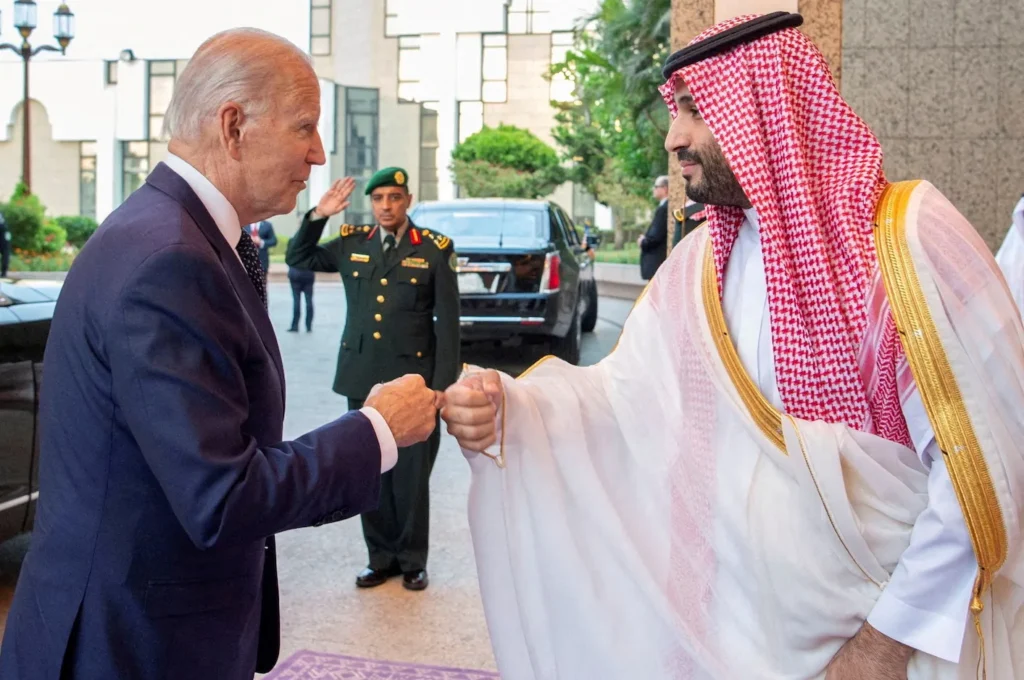The US is Picking Big Fights

Image Courtesy of Rappler.com
By Noah Slayter
Ever since the end of World War Two, the US has been a central player in practically every regional political theater. This has brought the US to both economic and militaristic prowess with no historical comparison. This prowess has come at a cost too. The king of the hill will always have an usurper wishing to take the top spot. In this case, there appears to be a coalition of governments joining together. The top dog seems to be taking on a pack that is vicious and growing larger.
Factions of Congress are looking to refreeze $6 billion in humanitarian aid, which resulted in a hostage exchange. However the Iranian money used by President Biden as a bargaining chip in his US-Iran dealings, has caused significant ire among many in America. According to Fox Business, Senator Tim Scott (R-SC), a 2024 GOP presidential candidate, has introduced legislation to freeze the Persian country’s money permanently. This comes on the heels of Iran being accused of helping Hamas attack Israel, though there is no “smoking gun” linking the two as of yet. The BBC received word from a Hamas spokesperson that Iran gave “direct” backing of their attacks.
China has made the required calls for peace in the Middle East but has not used one specific word, Hamas, calling it the “current escalation of tensions and violence between Palestine and Israel,” according to the Wall Street Journal.
Beijing often “spins” politically disadvantageous actions from its allies, such as never using the word “invasion” when describing Russia’s invasion of Ukraine. In fact, China hasn’t acknowledged that Russia invaded its western neighbor at all. If allies’ transgressions are not mentioned, then one can remain allies with them.
Russo-Chinese relations have grown so fast in recent years that Russia appears to be losing its own sovereignty because of it. A recent op-ed from Foreign Affairs stated that “isolated from the West, Moscow has fallen ever deeper in Beijing’s embrace. Although the Kremlin touts its close strategic alignment and ‘no limits’ friendship with China, the reality is not so rosy.” Practically all of Russia’s energy is bought by China. Currently, China and Russia’s “no limits” relationship has brought in over $190 billion to the two countries’ economies.
However, Russia is so focused on China economically that they are at the mercy of the Chinese Communist Party. Russia has tried to branch out, interacting with India, but the current discussion has broken down due to Russia wanting to trade in Chinese Yuan.
Of important note as well, is BRICS (standing for Brazil, Russia, India, China, South Africa). The international organization has recently added six new members, Iran, Saudi Arabia, Egypt, Argentina, the UAE and Ethiopia. The economic alliance spells trouble for the West. This new alliance spans four continents, and has an immense population size, more than the entire population of all NATO members.
Iran has also been growing their influence in the past year as well. Iran re-established diplomatic ties with Saudi Arabia in March of 2023, due to talks brokered by China, who has not typically been a player in Middle Eastern politics. Recently as well, the Saudis have been conversing with Iran so they can jointly back Hamas.
According to Reuters, “The conflict has also pushed the kingdom to engage with Iran. Saudi Crown Prince Mohammed bin Salman took his first phone call from Iranian President Ebrahim Raisi as Riyadh tries to prevent a broader surge in violence across the region.”
This has also caused Saudi Arabia to put Former President Trump’s Abraham Accords, a bilateral agreement to normalize Arab nations and Israel, on the back burner.
In a time when President Biden’s approval rating has been in the negatives for over two years, according to ABC News’ polling site 538, a weak presidency is not a good sign for the United States. China is a growing threat, having a larger army and economy than the US now.
With their influence combined with Russia, China, Iran, and their ever growing number of allies, a large number of think tanks and security experts believe Western nations need to make new inroads with growing nations in regions like Africa, Central and South America, Asia-pacific, places outside their current sphere of influence.






